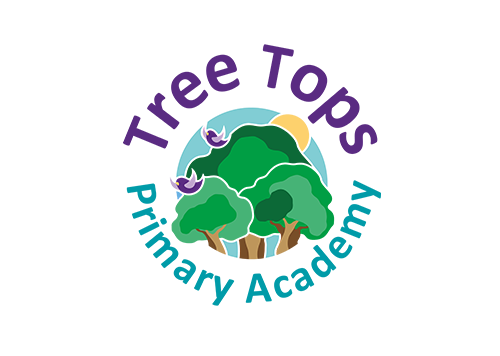What is Phonics?
Phonics is all about sounds. There are 44 sounds in the English language, which are put together to form words. Some are represented by one letter, like ‘t’, and some by two or more, like ‘ck’ in duck and ‘air’ in chair. Children are taught the sounds first, then how to match them to letters, and finally how to use the letter sounds for reading and spelling.
Children are encouraged to segment the individual sounds in words, then blend them to read words, based on the idea that children should sound out unknown words and not rely on their context.
We cover the objectives from the National Curriculum, using the Letters and Sounds phonics scheme for whole class teaching. Children who find phonics more challenging will have small group phonics teaching using a range of resources. All children sit a Phonics Screening Check at the end of Year 1 (in special circumstances, some children may be exempt). This is a nationally produced check with an ‘expected’ threshold. Children who do not reach the threshold in Year 1 receive extra support in Year 2 and will be given the opportunity to resit the screening check at the end of Year 2.
Spelling
We recognise the important life-skill that accurate spelling provides for our pupils. As a whole staff team we are determined to use high quality phonics provision as a foundation to help the children understand how to build and write unfamiliar words successfully as part of our drive to improve standards in writing.
Following the Letters and Sounds Programme pupils learn to spell using spelling rules in a systematic way and are provided with opportunities for pupils to apply their spelling to real writing contexts.


